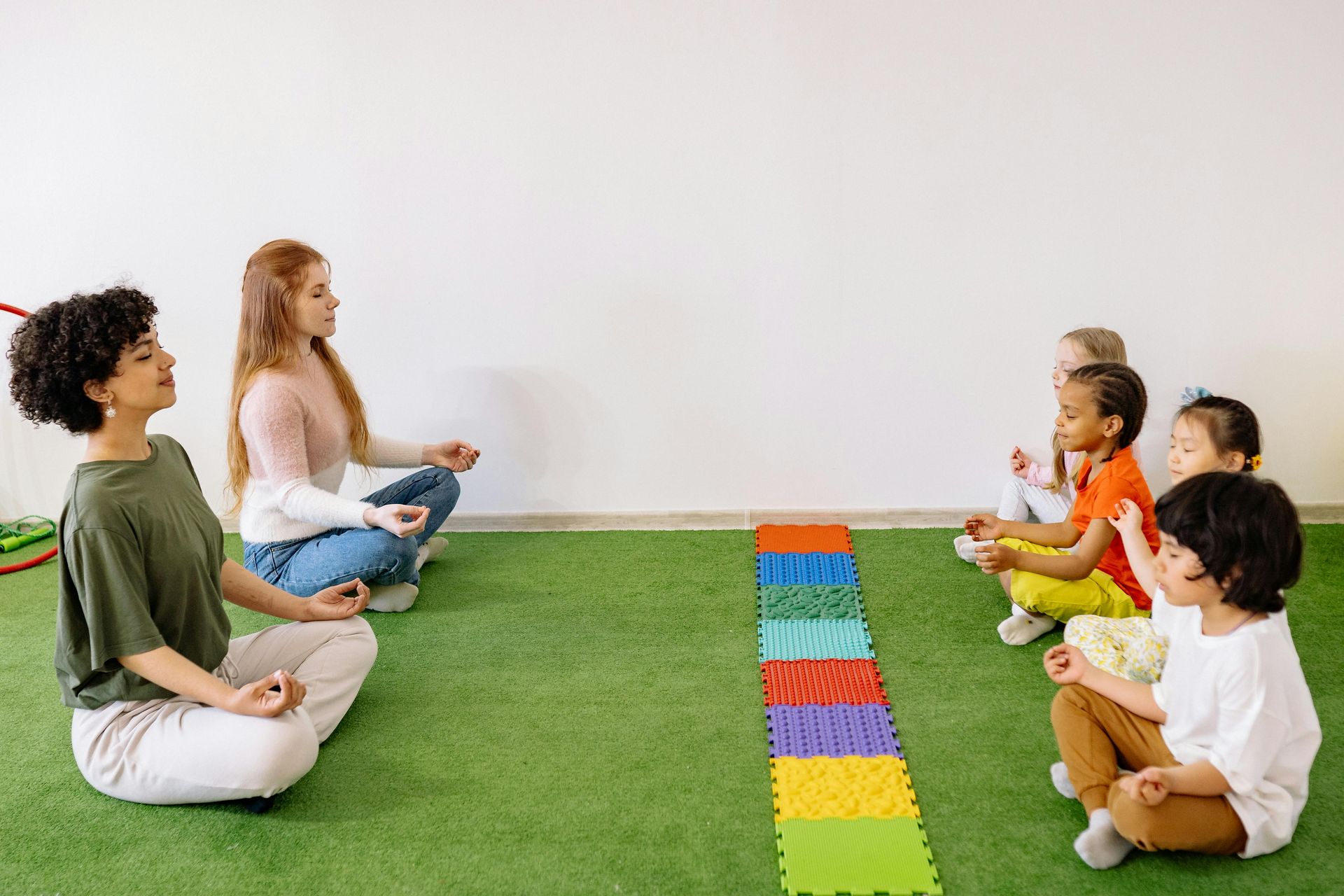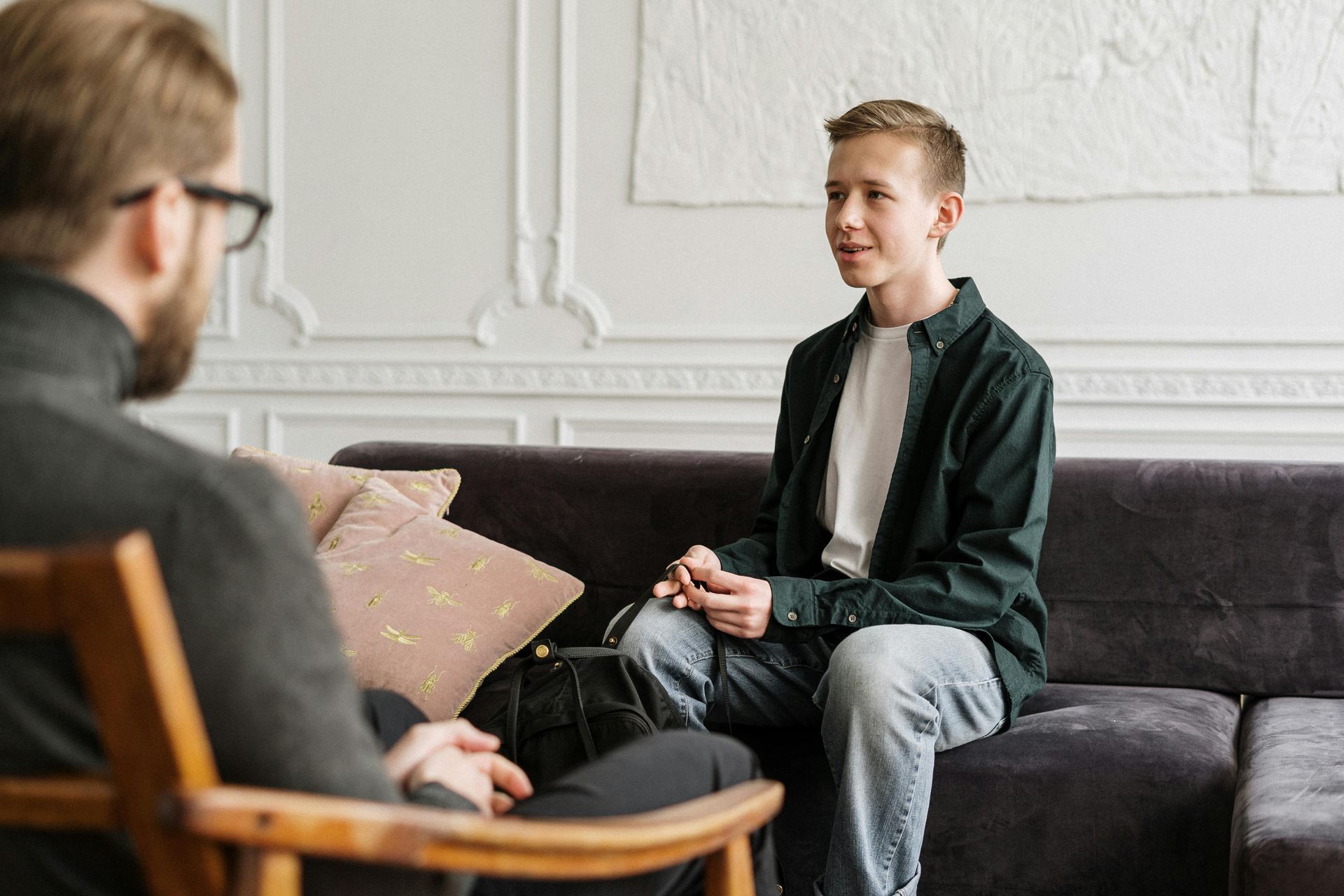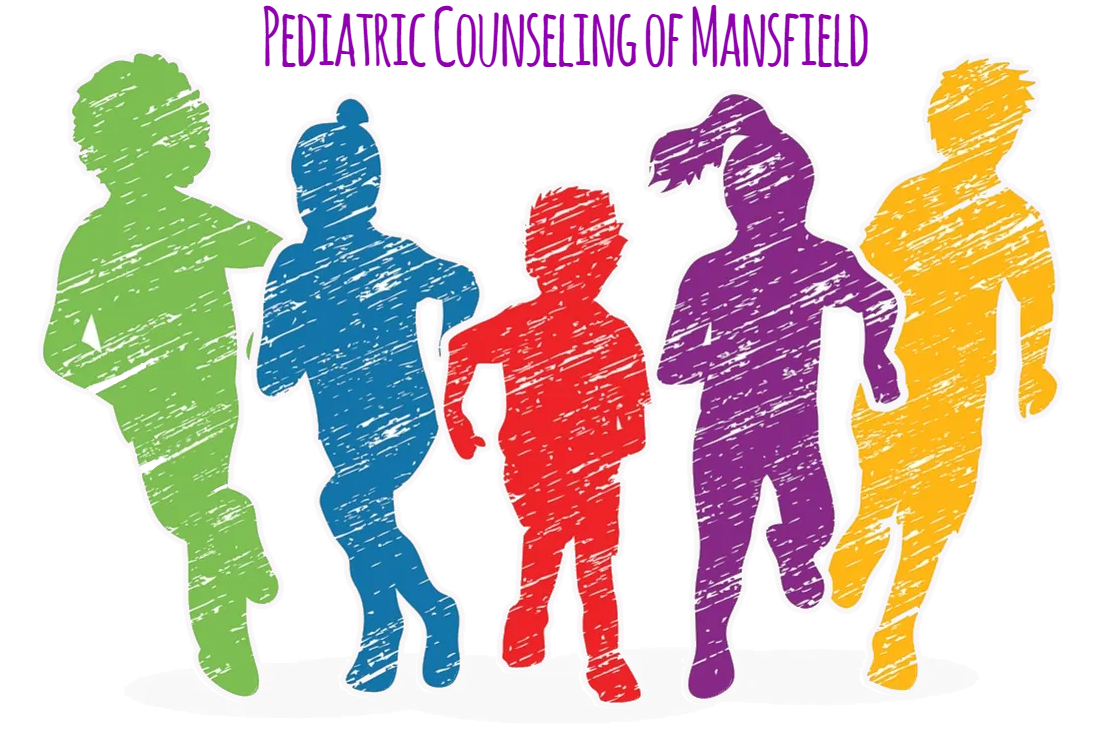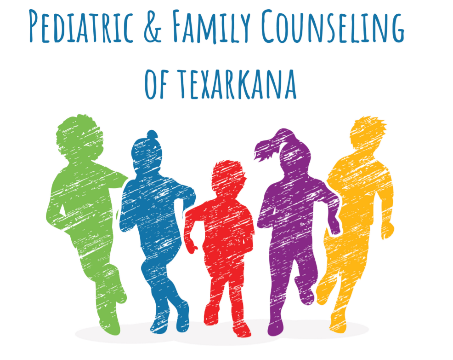The Real Benefits of Co-Parenting
Why Teamwork Makes the Difference
Let’s be real: parenting is hard. Parenting after separation or divorce? Even harder. But here’s the good news—co-parenting, when done with mutual respect and clear boundaries, can be one of the most powerful ways to support your child’s well-being.
Co-parenting isn’t always easy. It takes patience, flexibility, and a whole lot of communication. But the rewards? They go way beyond a peaceful pick-up schedule.
Let’s talk about what co-parenting actually looks like—and why it matters more than ever.
What Is Co-Parenting, Really?
Co-parenting is when two separated or divorced parents work together to raise their child in a cooperative, respectful way. It’s not about being best friends. It’s about putting your child’s needs front and center, even when emotions or history make that complicated.
It means shared decisions. Consistent routines. Open communication (even when it’s tough). And, most importantly, showing your child that both parents are still on the same team—their team.
The Benefits of Co-Parenting
1. Emotional Stability for the Child
Kids thrive on routine, predictability, and love. When parents work together, even from separate homes, children feel more secure. They’re less likely to feel caught in the middle or like they have to “choose sides.”
Knowing both parents are still involved and supportive can reduce anxiety and help kids adjust more easily to life after a split.
2. Better Behavior and Academic Performance
Studies have shown that children in successful co-parenting arrangements often do better socially and academically. Why? Because consistent expectations, routines, and discipline across both homes create a stable foundation.
When parents communicate, children are less likely to “play one parent against the other,” which leads to clearer boundaries and better behavior overall.
3. Less Conflict, Less Stress
Yes, it takes effort—but cooperative co-parenting reduces long-term conflict. Instead of constant arguments or passive-aggressive battles, you’re building a system that works for everyone.
And the lower the stress level in your household, the happier and healthier everyone becomes—including you.
4. A Powerful Life Lesson for Your Child
Kids learn by watching. When they see their parents working through differences with respect, compromise, and maturity, they internalize those lessons. You’re modeling what healthy communication and emotional intelligence look like.
Even if your romantic relationship didn’t last, your parenting relationship can still be a success story.
How to Make It Work
- Communicate clearly and respectfully. Use tools like co-parenting apps if necessary.
- Stay child-focused. Always ask, “What’s best for our child?”
- Respect each other’s time and boundaries.
- Be flexible when life happens. (Because it will.)
- Keep emotions in check. Vent to friends or a therapist, not your child.
- Support your child’s relationship with the other parent. Even when it’s hard.
Final Thoughts
Co-parenting isn’t about perfection—it’s about progress. It’s about showing up, again and again, for your child in the best way you both can. And when that happens, something beautiful takes shape: a sense of unity, safety, and unconditional love that your child will carry for life.
You don’t have to do it alone. But when you do it together, even as separated parents, your child wins. Every time.












